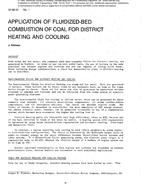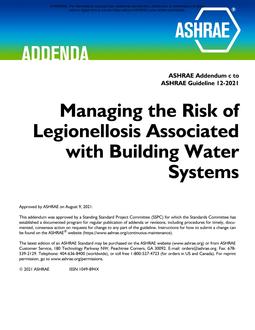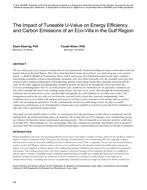This research looks into the moisture behavior of timber-framed external wall assemblies under Nordic climate conditions. The focus of this study was to measure drying rates of wall assemblies and to study the effects of different material layers on drying times from the viewpoint of water vapor diffusion of moisture-permeable walls (walls with an air barrier and no vapor barrier) and moisture-impermeable walls (walls with air and vapor barrier). Drying times have been estimated from laboratory test results. Laboratory tests were done with test equipment that allowed full-scale laboratory tests in real climate conditions. The main focus has been on relative humidity and temperature changes in the outer surface of the insulation layer (behind the sheathing) in different climatic conditions. Analysis was based on three criteria: limit value of mold growth during the autumn period, condensation during the winter period, and drying times during the spring period. It was noticed that water vapor resistance of the inner lining of the wall assembly has no significant effect on drying times during the spring period. In other words, moisture-permeable and impermeable walls have the same drying times if their other properties are identical. It can be generally noted that the water vapor resistance ratio between the inner and outer lining should be at least 5:1 in a Finnish climate. However, there are a lot of different variables that have an effect on this ratio (conditions of outdoor air, humidity excess of indoor air, physical properties of materials, etc.) and, therefore, in some cases, this ratio should be bigger.
Citation: Thermal Performance of Exterior Envelopes of Whole Buildings IX
Product Details
- Published:
- 2004
- Number of Pages:
- 11
- File Size:
- 1 file , 2.2 MB
- Product Code(s):
- D-BldgsIX79


